Iran’s UN envoy: Illicit trade in small arms, light weapons fuels crime, terrorism
Iran’s permanent ambassador to the United Nations says illicit trade in small arms and light weapons not only exacerbates violence in all its forms, but also fuels crime and terrorism across the world.
Majid Takht-Ravanchi made the remarks in a Monday address to the High-Level Meeting of the General Assembly for the Appraisal of the United Nations Global Plan of Action against Trafficking in Persons.
“We share the concerns about humanitarian, socio-economic and security consequences of the illicit trade in small arms and light weapons and their diversion to unauthorized recipients,” Iran’s UN envoy said, adding that the “Program of Action to Prevent, Combat and Eradicate the Illicit Trade in Small Arms and Light Weapons in All Its Aspects” (PoA) is the only universal framework to address these multifaceted challenges.
“As a victim of foreign-backed terrorists, and faced with the threat of organized crime and trafficking in drugs linked to the illicit trade in small arms and light weapons, the Islamic Republic of Iran highly values the Program of Action and calls for ensuring its balanced, effective and full implementation including through identifying and addressing its implementation challenges,” Takht-Ravanchi said.
Iran’s UN envoy added that according to the Program of Action, “the illicit trade in small arms and light weapons in all its aspects sustains conflicts, exacerbates violence, contributes to the displacement of civilians, undermines respect for international humanitarian law, impedes the provision of humanitarian assistance to victims of armed conflict and fuels crime and terrorism.”
Takht-Ravanchi, however, warned that in all efforts to combat the illicit trade in small arms and light weapons, the right of each country to manufacture, export, import and retain such weapons must be fully respected.
“Additionally, the scope of such efforts by the [Security] Council must be limited to those aspects that are related to serious adverse impacts of diversion of, and illicit trade in, small arms and light weapons on the conflict concerned,” he added.
The United States, the United Kingdom and some other Western governments have for years been involved in the provision of arms and weaponry to conflict zones across the world, and in particular, West Asia.
Earlier in the month, the US State Department approved the sale of $650 million worth of air-to-air missiles to Saudi Arabia to help Riyadh press ahead with its protracted military aggression against Yemen.
The package would include 280 AIM-120C-7/C-8 Advanced Medium Range Air-to-Air Missiles (AMRAAM), 596 LAU-128 Missile Rail Launchers (MRL) as well as support equipment and spare parts.
In April 2019, the US Congress voted for the first time to invoke the War Powers Resolution to try and stop US involvement in a foreign conflict. The Congress resolution directed then President Donald Trump to end support for the Saudi-led war against Yemen. But Trump vetoed the measure, with Congress lacking the votes to override him. In July 2019, Trump vetoed three congressional resolutions barring billions of dollars in weapons sales to Saudi Arabia and the United Arab Emirates.
Saudi Arabia and a number of its regional allies launched the war on Yemen in March 2015, with the goal of bringing the government of the former president, Abd Rabbuh Mansur Hadi, back to power and crushing the popular Ansarullah movement. The war has left hundreds of thousands of Yemenis dead, and displaced millions more. It has also destroyed Yemen’s infrastructure and spread famine and infectious diseases. According to the UN, 80 percent of Yemen’s 30 million people need some form of aid or protection. About 13.5 million Yemenis currently face acute food insecurity, UN data shows.
Ansarullah, backed by the Yemeni armed forces and allied popular groups, has gone from strength to strength against the Saudi-led invaders, and successfully defended Yemen against the aggression, leaving Riyadh and its allies bogged down in the county.
'This is cruelty, not war,' Pope Francis slams Israel's brutality against Gaza children
IRGC intelligence forces bust Takfiri terrorist team in western Iran
Syria’s de facto new ruler names Asaad al-Shibani as foreign minister
How 8-year-old Lebanese child Fawaz nixed Ben Gurion’s 76-year-old fallacy
VIDEO | 700,000 Cubans rally at US embassy in Havana against trade embargo
Iranian embassy staffer assassinated by terrorists in Damascus
VIDEO | Press TV's News Headlines
Scandalous detention of Iranians by US to extort information


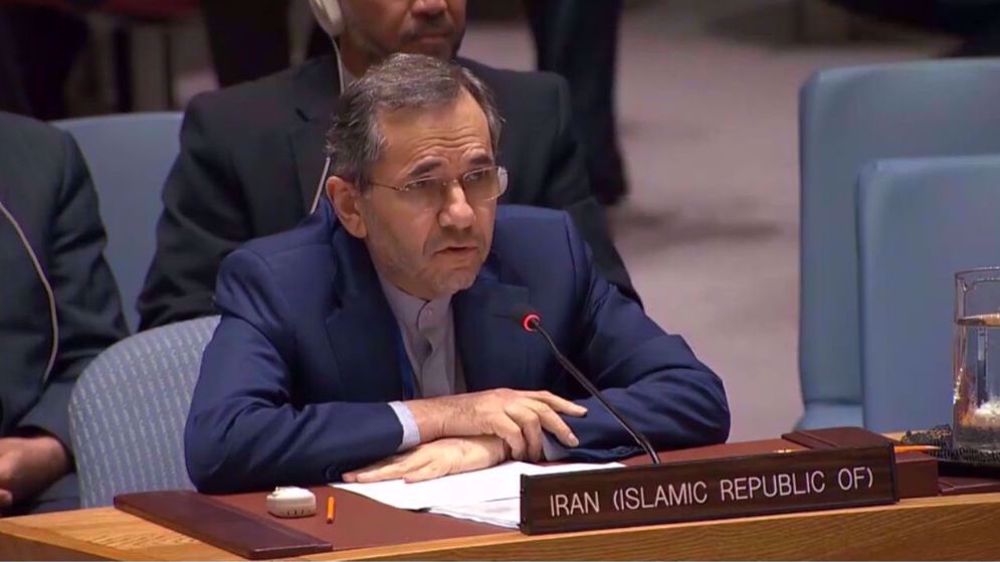
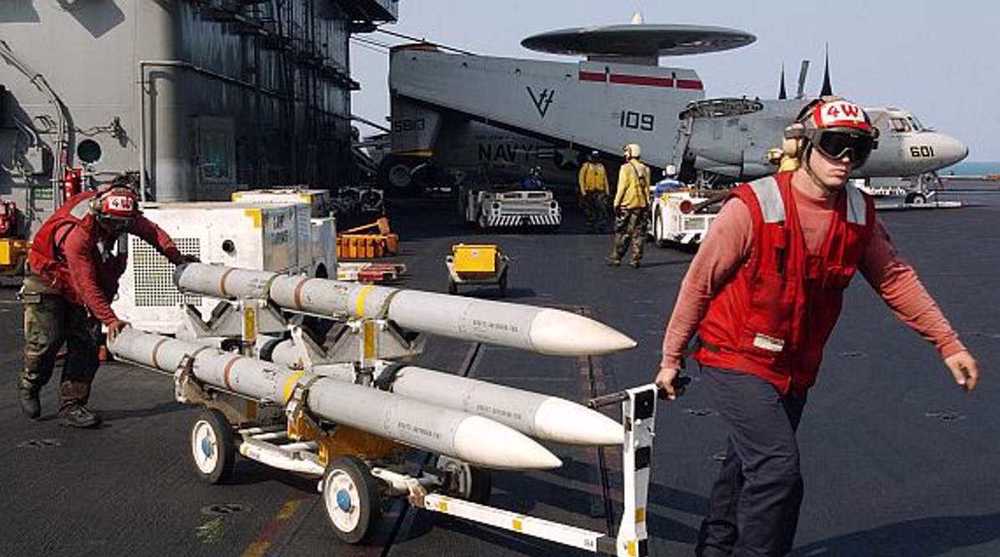
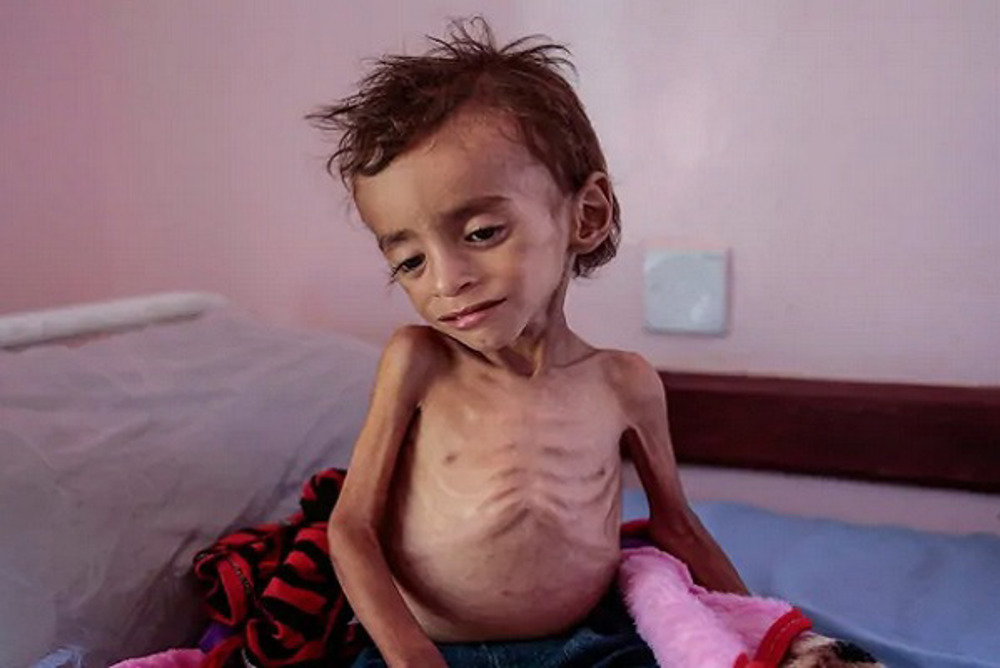
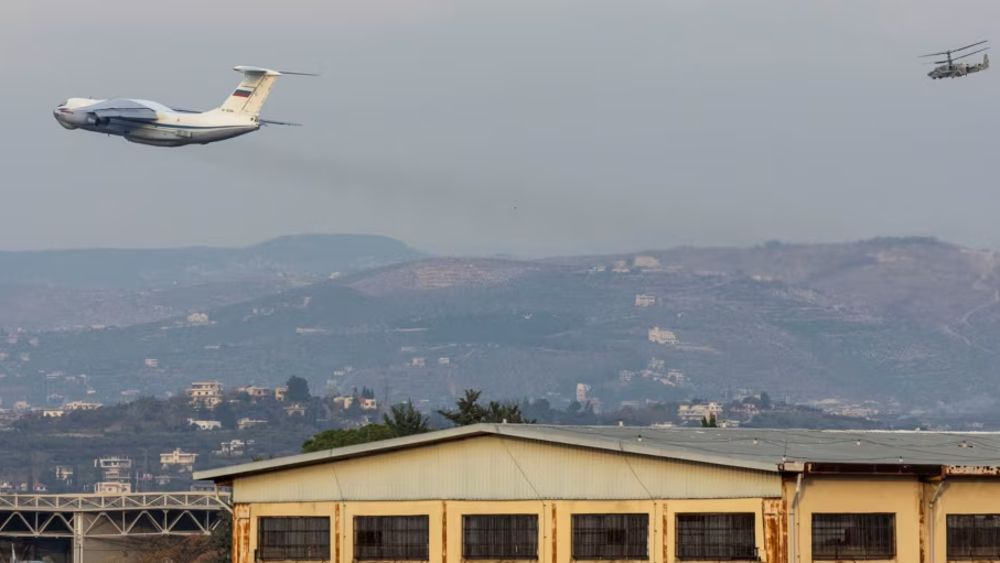
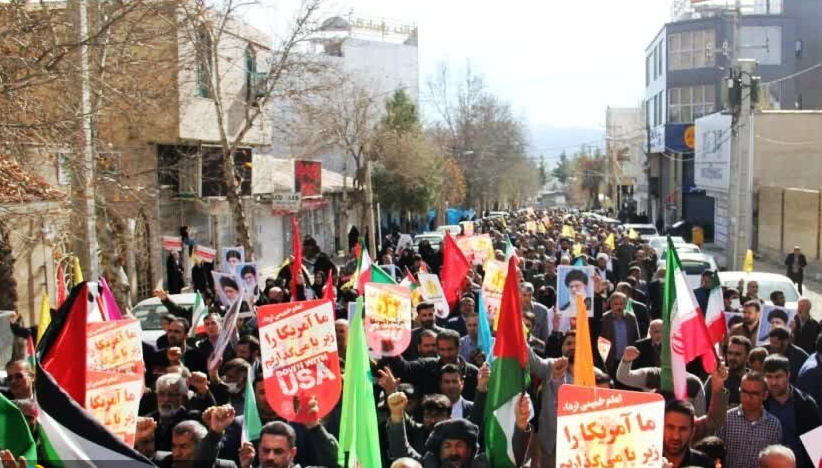





 This makes it easy to access the Press TV website
This makes it easy to access the Press TV website